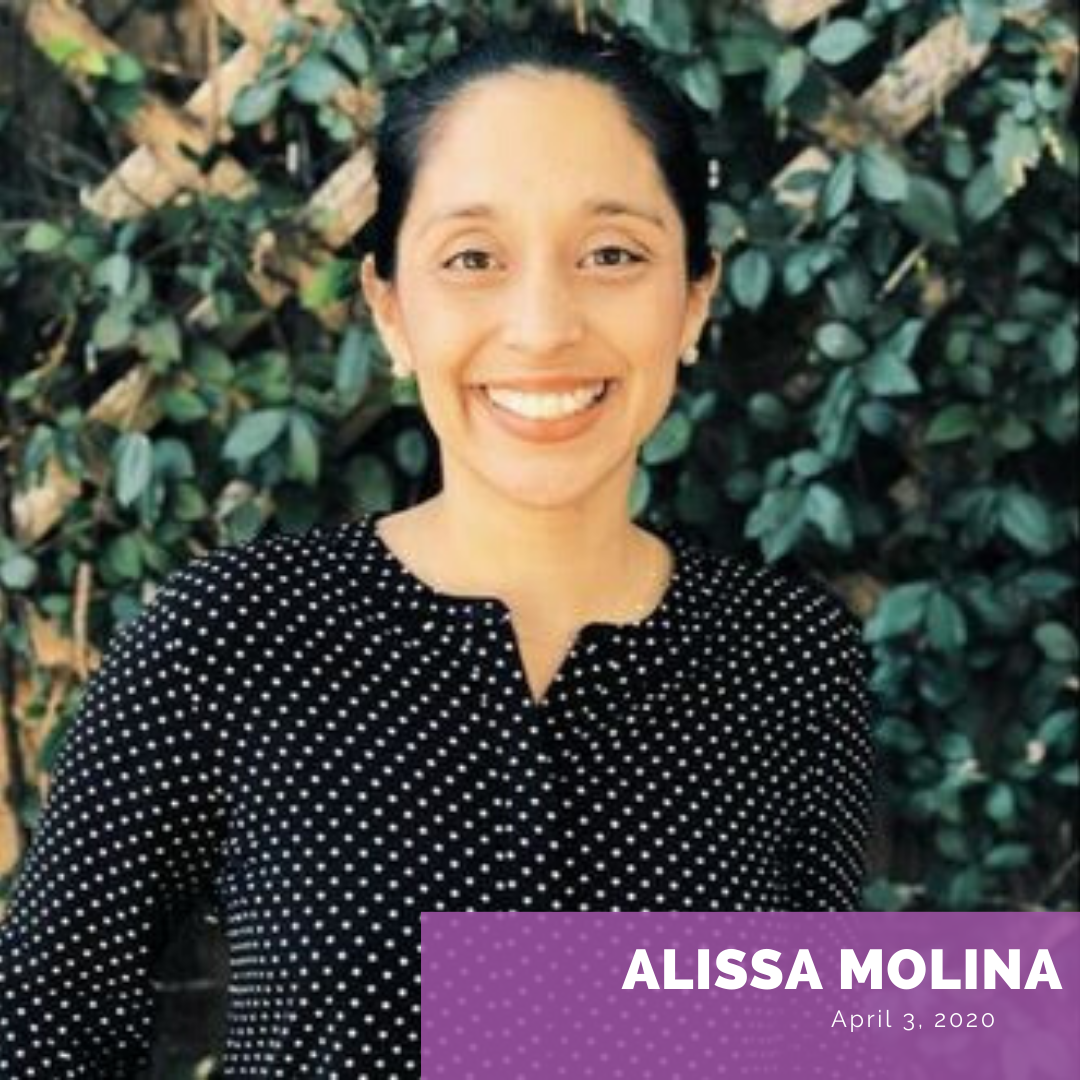I slammed the flaps down on each side of the loaded up truck, carefully locking the handle so as to keep all the goods firmly inside. This was, afterall, no ordinary truck. Specifically built with special compartments to keep toiletries, clothing, and winter caps on one side and fruit, yummy snacks, freshly made sandwiches and cold drinks on the other—THIS was a Mobile Loaves and Fishes Truck.
Mobile Loaves and Fishes or MLF for short, was the closest thing I had ever seen to love manifested on a grand scale. The dream of Alan Graham, a man who by his own account, went from being sort of a ho-hum church fella to an all-in, love-your-neighbor kind after attending a powerful retreat, began MLF as just a man taking sack lunches to a group living at a homeless camp. It’s now morphed into a true multiplication of loaves and fishes–having served more than 5.5 million meals via a fleet of these miraculous food-trucks-on-wheels..
This day I beamed with self-satisfaction as I directed a group of teens from our parish youth group on their first ever MLF truck run. The day was crisp and cool and the blue skies and bright sun gave us a welcome respite from a long stretch of dreary winter days. We prepared sandwiches together, loaded goods, prayed for the people we would encounter, and for ourselves –that we would be God’s hands and feet. Then we all piled into the truck.
“It’s a beautiful day to love our neighbors,” I thought as I hoisted myself into the driver’s seat of a truck packed to the brim with both goods and nervous teens.
The truck was virtually silent as we pulled out of the church parking lot. No teen chatter, no low hum of anticipation. Nothing. I explained that there was no need to be nervous–that I’d picked 3 places on the city-wide MLF map that I was well accustomed to. We’d first visit two motels that mainly housed a motley crew of day laborers and homeless men and women who happened to scrape enough together to stay the night, and then we’d move on to a set of apartments that housed the working poor. All the places would be less than three miles from our parish.
We finished the first two stops relatively quickly–handing out smiles along with toothbrushes, sack lunches, socks, and shampoo. As we made our way to the final stop, the teens finally began to break out of their shells a bit and began to share a few tidbits of information like where they attended school and the plans they had for later in the day. When we pulled up to the final stop, we were all in great spirits.
I had no way of knowing that my idea of what it is to love my neighbor was about to drastically change.
I had no idea that in a matter of moments, I would have an exchange that would expose my self-righteousness and self-serving love of neighbor so radically that it would forever change the path of love I would take.
We hopped out and the teens went about serving the young children, mothers, grandmothers, uncles and brothers who swarmed the truck. As the number of people standing to be served began to dwindle, I passed a woman on her way towards the clothing and toiletries side of the truck. I decided that I would walk across the street to the dumpster.
I whipped out my phone and pointed it down at the ground, looking for THE piece of ground that told the most evident tale of a forgotten community. The beer bottles, and discarded diapers, the leftover charcoal and shards of glass. It made my blood boil.
“This would NEVER be acceptable in other sections of our city,” I thought ceremoniously.
And so I clicked a picture, intent on posting it later on Instagram with the right amount of rage and just enough piety so that people knew I had been out that day loving-my-neighbor-with-teens-no-less-thank-you-very-much.
And that’s when it happened.
The woman whom I did not serve. The woman that I did not love. The woman who I left in favor of taking a picture, yelled across the street,
“ARE YOU TAKING A PICTURE OF OUR TRASH!!! WHY ARE YOU DOING THAT!?!?”
Stunned, embarrassed and ashamed I did the one thing I could muster.
I lied.
“Oh, oh….no ma’m, I’m uh, just sending a text.”
“MMMMhhhhhhMMM,” she shot back and walked away.
I shoved my phone quickly back in my pocket, and helped the teens take stock of the goods we had left.
“There is enough to make a couple to-go bags to pass out at stop lights under bridges on the way back to church,” I instructed, “Let’s load up and head home.”
Thankfully the teen chatting only increased after this third stop and I was able to keep my focus on keeping my tears in check. I played the scene over and over in my head.
Didn’t I know, after all these years, that love of neighbor looks more like encounter than a hand out? Didn’t I believe what I made sure to explain to the teens before we even drove off our parking lot: that the most important thing we would do that day would be to BE with God’s people. To look our neighbors in the eye and BE human together? To be beloved together?
What in the world was WRONG with me?
It took just under 10 minutes to get back to the neighborhood of neatly manicured lawns situated around our parish. We quickly and efficiently unloaded the few dry items and ice bins. We wiped down the shelves and did closing prayer and the kids disappeared into their parents’ cars.
As the last car sped away, burning hot tears flooded my eyes. My heart had been bruised and busted open and I had myself to blame. I sat defeated and ashamed on the curb in front of the truck. A heavy cloak of hypocrisy hung around my shoulders. But Jesus was there too. I told him how sorry I was. How very sorry I was for having made the love of his people about me and about my ego and my self-importance. He didn’t really let me off the hook.
This memory is seared into my heart and mind. To this very day, I can see the woman’s face. Feel the cool winter air. I can hear the giggles of children in the street as they ran to receive what we had to offer. The memory is acute and shame fresh each time. It is a gift, really. A gift from the neighbor woman. A gift from my Jesus. The gift is in the remembering that before I can be his hands and his feet, I must be his heart. His heart for his people. His heart to see them, to know them, to be with them. To love them and be loved by them. I am to forever remember to move first and always with his heart.
Alissa loves being a wife and mom. Her family of seven lives just outside of Austin, Texas where in between packing lunches and finding matching socks, she thinks a lot about how to become a saint by loving well. Alissa is passionate about Catholic social teaching, youth ministry, and building community. She loves to give presentations and speak on a wide range of topics and was recently a guest on the popular podcast, The Catholic Feminist.


Thank you for sharing your story and for exposing a vulnerable side I think we all struggle with.